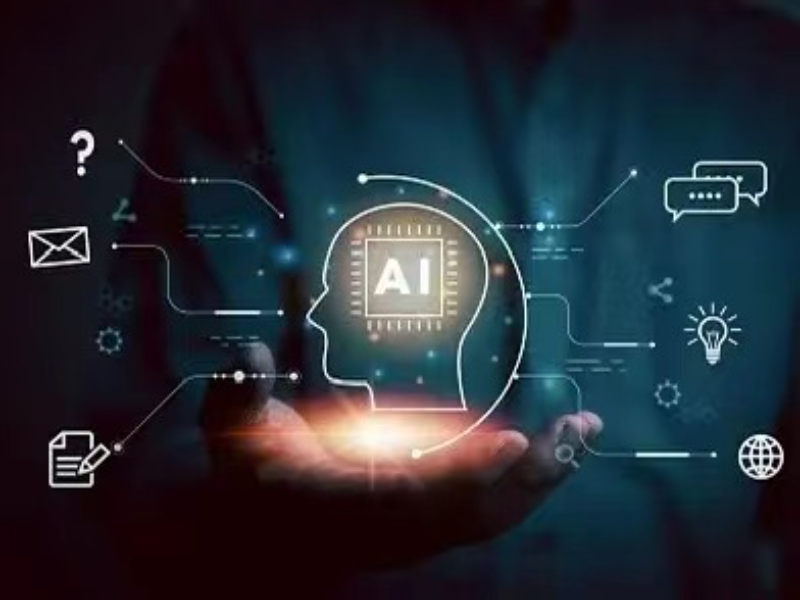- As two major advancements in AI technology, deep learning and reinforcement learning together show great potential in the daily life.
- Deep learning, a data-driven approach, excels in tasks like image and speech recognition, while reinforcement learning is experience-driven, excelling in applications like robotics and game playing.
Artificial Intelligence (AI) has become a ubiquitous part of our lives, driving advancements in various domains from daily work to entertainment. Among the numerous subfields of AI, deep learning and reinforcement learning are two pivotal areas that have garnered significant attention. Though they are both branches of machine learning, they focus on different methodologies and applications.
What is deep learning and reinforcement learning
Deep learning is a subset of machine learning that utilises neural networks with many layers to model complex patterns in data, thus being called “deep”. It primarily concentrates on supervised learning tasks such as image classification and speech recognition, as well as unsupervised learning tasks like clustering and anomaly detection. The objective of deep learning is to enable machines to learn from vast amounts of data and identify intricate structures within it.
In contrast, reinforcement learning is a type of machine learning where an agent learns to make decisions by performing actions in an environment to maximise cumulative reward. The focus here is on learning optimal policies for sequential decision-making problems. Unlike deep learning, which typically relies on a fixed dataset, reinforcement learning involves continuous interaction with the environment, adapting based on new experiences.
Typically, deep learning models train on static datasets and evaluate their performance on separate test sets. The training process involves minimising a loss function, which measures the difference between the predicted outputs and the actual targets. In reinforcement learning, the agent uses experiences to improve its policy—the strategy it uses to determine the best actions to take in various situations. The learning process is dynamic, with the agent continuously adapting to the changing environment.
In a word, deep learning is fundamentally data-driven, while reinforcement learning is experience-driven.
Also read: AI hits campaign trail for UK parliament seat: Future of politics?
Also read: Cases of big data in daily life
Applications of deep learning and reinforcement learning
Deep learning is widely used in applications that require the recognition and interpretation of complex data patterns. Common domains include image and speech recognition, natural language processing, and medical diagnosis. For instance, Convolutional Neural Networks (CNNs) are extensively employed for image recognition tasks, while Recurrent Neural Networks (RNNs) are used for sequence modelling, such as language translation and time series prediction.
Reinforcement learning shines in areas that involve decision-making under uncertainty and sequential decision problems. Notable applications include robotics, game playing, like AlphaGo, and autonomous driving. Reinforcement learning algorithms enable robots to learn tasks through trial and error, and AI agents to master complex games by playing against themselves or others.
The performance of deep learning models is typically evaluated using metrics that measure prediction accuracy, precision, recall, etc. These metrics help determine how well the model generalises to new, unseen data. In reinforcement learning, evaluation metrics focus on the cumulative reward, policy performance, and the convergence of the value function or policy. The goal is to maximise the total reward over time, indicating that the agent is making optimal decisions.
While both deep learning and reinforcement learning are integral to the advancement of AI, they serve distinct purposes and utilise different methodologies. Deep learning excels in pattern recognition tasks with static datasets, whereas reinforcement learning thrives in dynamic environments requiring sequential decision-making.

